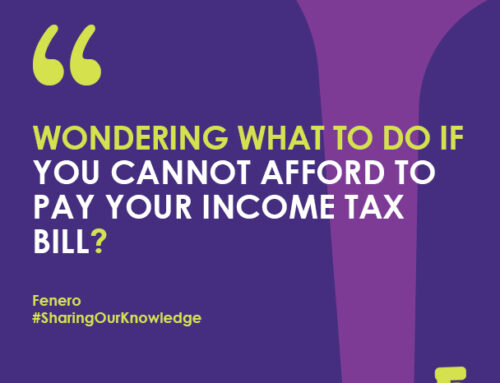If you use a Personal Services Company (PSC), you might wonder whether you can borrow money from your own company instead of taking it as salary or dividends. The short answer is yes—but only if you follow the rules carefully.
What it means:
Taking money from your company without treating it as salary, dividends, or a reimbursable expense is classed as a director’s loan.
(If you’ve previously put personal money into your company and are taking that same amount out, it isn’t considered borrowing.)
Legal rules:
Company law places restrictions on loans to directors and persons connected with directors under Section 239 of the Companies Act 2014.
There are two exceptions as follows:
1) Loans below 10% of net assets –
If the amount borrowed is less than 10% of the company’s net assets (assets minus liabilities)
2) Loans above 10% of net assets –
If the amount exceeds this threshold, it must be reported to the Companies Registration Office (CRO) using the Summary Approval Procedure (SAP).
Under SAP:
- A majority of directors must sign a formal declaration of solvency confirming they have reviewed the company’s affairs and believe it can pay its debts over the next 12 months. The purpose of the loan must also be stated.
- Shareholders must pass a special resolution approving the loan.
- These declarations must be filed with the CRO within the prescribed timeframe and for each loan above the 10% limit. Since filings are public, the information is accessible to anyone.
Failing to comply with these requirements can result in serious consequences, including prosecution or personal liability if the company later becomes insolvent.
Tax consequences to be aware of:
If the loan hasn’t been repaid within nine months of your company’s year-end (i.e by when the corporation tax return is due for filing), your company could face a temporary income tax charge at 20% on the grossed up value of the loan.
Example: if the loan is €10,000, the company would owe €2,500 (i.e. €10,000/80% x 20%). This income tax is repayable back to the company when the loan is repaid by filing a corporation tax return for the financial period the loan was repaid in. Therefore it is not a permanent tax charge but more of a cashflow issue.
In addition if the loan is interest-free, the director will be taxed on a Benefit in Kind (i.e. interest free element) at Revenue prescribed rates as follows:
- 4% if you used the loan to buy, repair or develop your home.
- 13.5% in all other cases.
The Benefit in Kind (also known as a BIK) is taxed through payroll at your marginal rate of tax for PAYE, PRSI & USC.
Best practice steps
- Do not borrow more than 10% of the net assets of the company.
- Ensure the loan is formally approved and correctly recorded, including CRO reporting under the Summary Approval Procedure if it exceeds 10% of net assets.
- Aim to repay the loan within nine months of your company’s year-end to avoid triggering an income tax amount being payable.
- Ensure that the BIK on the interest-free element is reported through payroll taxes.
- Always get professional advice to ensure you’re on the right track.
Need advice?
Would you like us to have a look at your situation and help you determine the best strategy? Contact us on hello@fenero.ie or 01-6877400.






